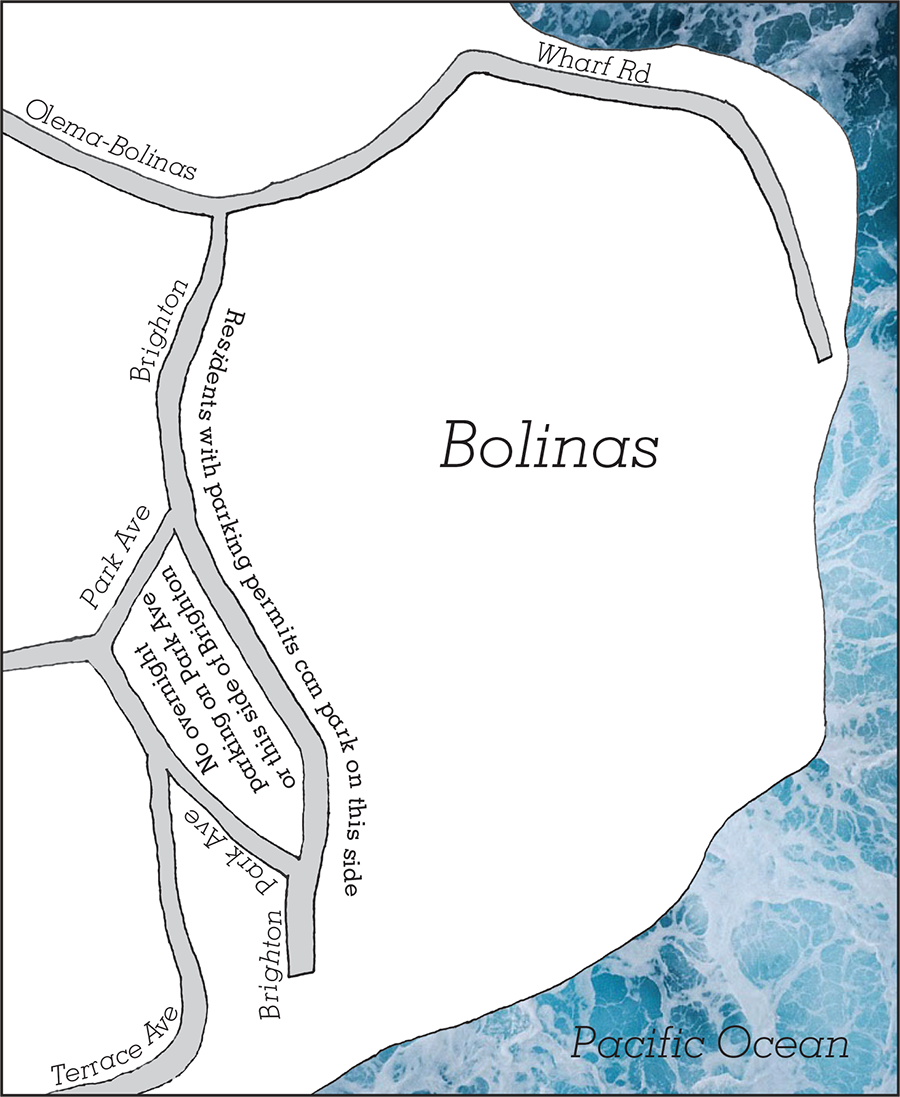To address the problems in Bolinas brought by people living in vehicles or leaving them on public roads for weeks or months on end . . .
Bolinas will consider Brighton parking ban


To address the problems in Bolinas brought by people living in vehicles or leaving them on public roads for weeks or months on end . . .